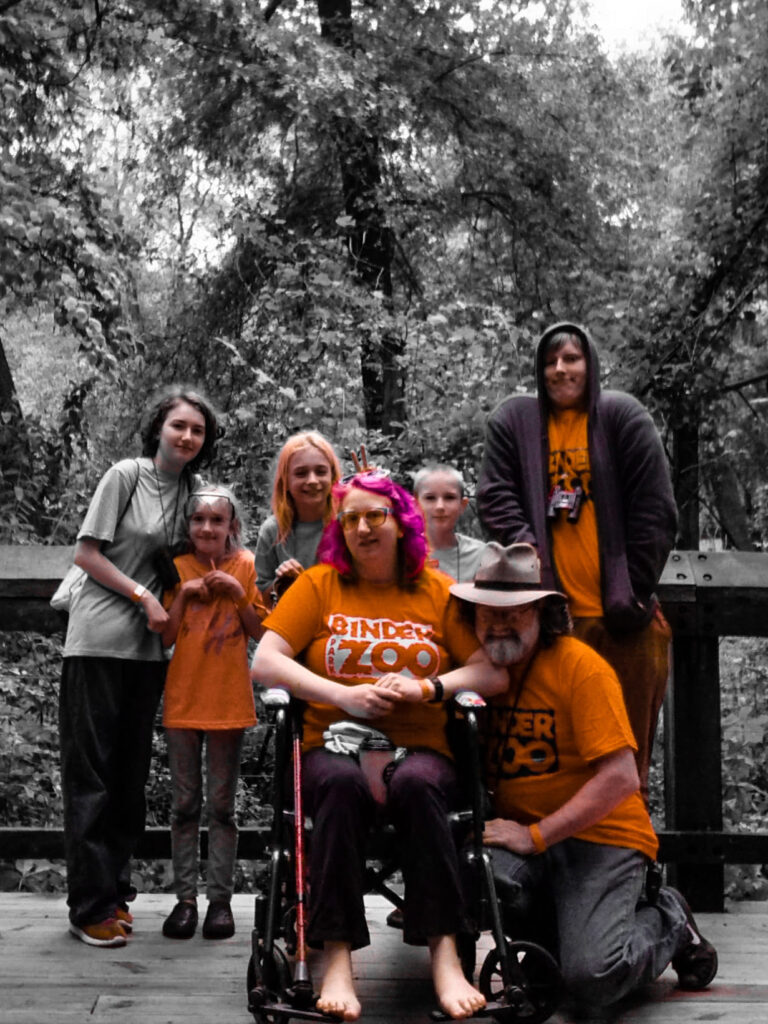3 Tips For Coping With A Sudden Disability

No matter when it happens in life, being disabled can be a very testing experience. To be blunt, the world really isn’t built with disability in mind, and while a great deal of effort is being put into changing that, a lot remains still to do. If you’ve previously been non-disabled and suddenly have to cope with the loss of that status, it can be tough to deal with for a whole range of other reasons.
Not being able to do things that you had previously taken for granted can result in an experience that is functionally identical to grief. It is not something that you’ll just “get over”, and the process of adjustment is going to make substantial demands on you. It’s a good idea to accept that this is the case, and to start making your plans for how you navigate the world that you’re going to see from a whole new perspective.
Accept that you’ll have negative emotions, and process them
It is possible to acknowledge that becoming disabled isn’t the end of the world, and that you can have a wonderful life as a disabled person, and at the same time still feel anger and frustration at being placed in this new position. It would be unusual not to have some negative emotions and stress about the experience, and one of the most important steps you can take is to acknowledge those emotions, give them validity, and work through them. Ignoring a negative emotion simply means it will fester, and you don’t need that right now. Or ever.
Explore the help that is available to you
When you become disabled, it is likely that you will be entitled to some means of support to help you adjust and live the life you want to live. You should not feel at any point as though it is wrong, or somehow beneath you, to accept the help and support that is on offer. You deserve it, and it will help you get on with life sooner and more completely. From hearing aids and disability assistance for people with hearing loss, to home adjustments for wheelchair users, and any other kind of support, judge everything on the basis of how it will improve your current situation, and don’t be ashamed to take it.
Wrap up the past
If you’ve recently become disabled, it’s going to be very tempting to think of everything in terms of endings, and how things were in the “before time”. In fact, it’s going to be more or less unavoidable. So you owe it to yourself to wrap things up, perhaps to say goodbye to the things you can no longer do so that you can explore the things you can do. If you have become disabled as the result of an accident, it may include bringing legal action in order to be compensated for what has been taken from you. Leave as few loose ends as you can, so there is less temptation to tug on them when you’re five years down the road.
Becoming disabled is always a shock to the system, and it’s normal to feel all sorts of things about it. The important thing is to take your chance to get used to it and process it in your own time.


